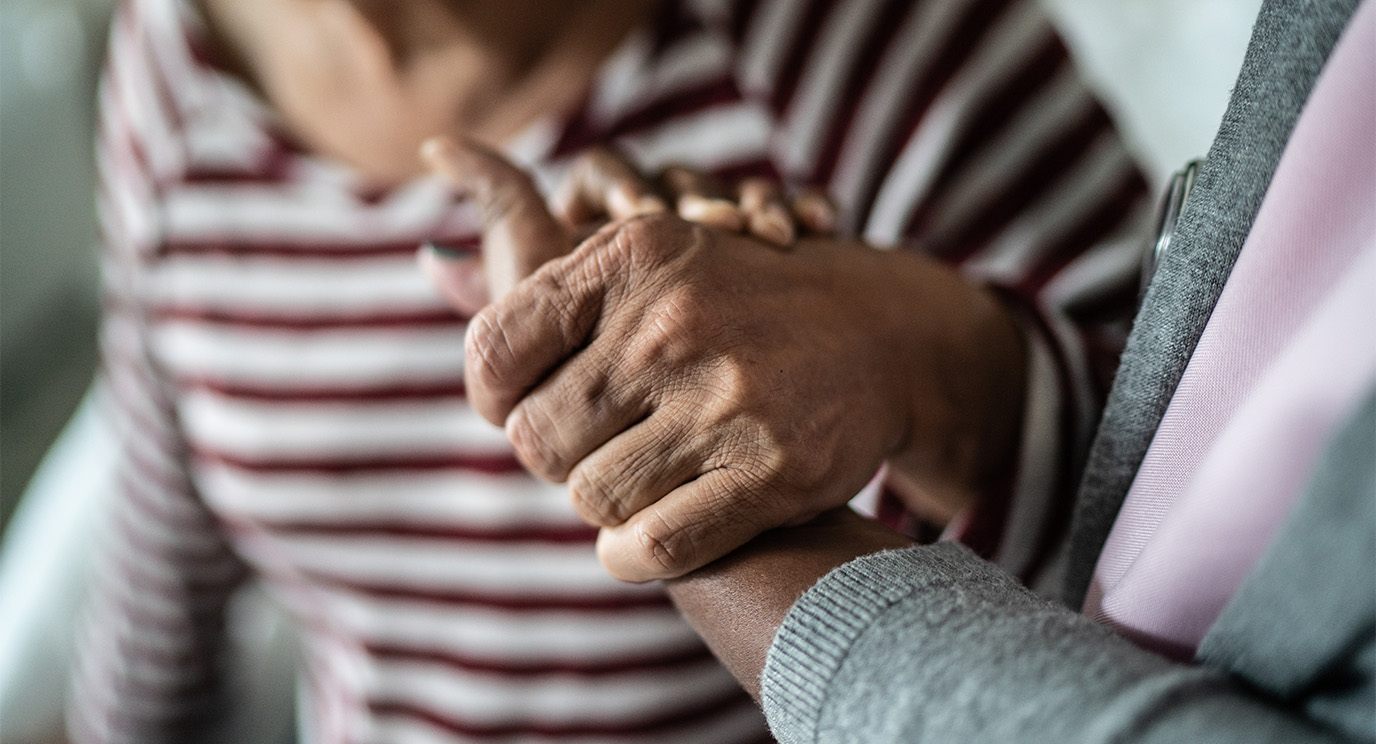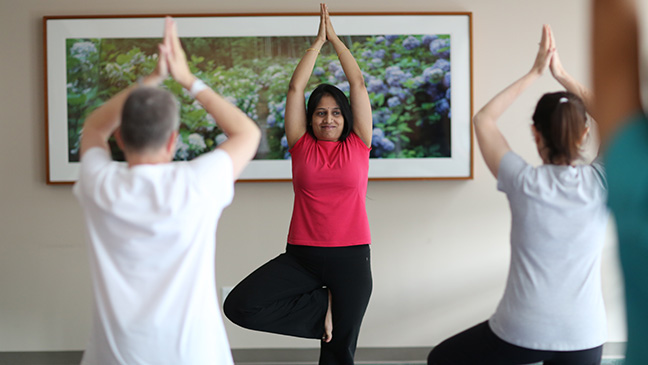- Diseases
- Acoustic Neuroma (16)
- Adrenal Gland Tumor (24)
- Anal Cancer (70)
- Anemia (2)
- Appendix Cancer (18)
- Bile Duct Cancer (26)
- Bladder Cancer (74)
- Brain Metastases (28)
- Brain Tumor (234)
- Breast Cancer (724)
- Breast Implant-Associated Anaplastic Large Cell Lymphoma (2)
- Cancer of Unknown Primary (4)
- Carcinoid Tumor (8)
- Cervical Cancer (164)
- Colon Cancer (168)
- Colorectal Cancer (118)
- Endocrine Tumor (4)
- Esophageal Cancer (44)
- Eye Cancer (36)
- Fallopian Tube Cancer (8)
- Germ Cell Tumor (4)
- Gestational Trophoblastic Disease (2)
- Head and Neck Cancer (14)
- Kidney Cancer (130)
- Leukemia (342)
- Liver Cancer (50)
- Lung Cancer (286)
- Lymphoma (278)
- Mesothelioma (14)
- Metastasis (30)
- Multiple Myeloma (100)
- Myelodysplastic Syndrome (60)
- Myeloproliferative Neoplasm (6)
- Neuroendocrine Tumors (16)
- Oral Cancer (102)
- Ovarian Cancer (176)
- Pancreatic Cancer (160)
- Parathyroid Disease (2)
- Penile Cancer (14)
- Pituitary Tumor (6)
- Prostate Cancer (150)
- Rectal Cancer (58)
- Renal Medullary Carcinoma (6)
- Salivary Gland Cancer (14)
- Sarcoma (238)
- Skin Cancer (300)
- Skull Base Tumors (56)
- Spinal Tumor (12)
- Stomach Cancer (66)
- Testicular Cancer (28)
- Throat Cancer (92)
- Thymoma (6)
- Thyroid Cancer (100)
- Tonsil Cancer (30)
- Uterine Cancer (86)
- Vaginal Cancer (18)
- Vulvar Cancer (22)
- Cancer Topic
- Adolescent and Young Adult Cancer Issues (22)
- Advance Care Planning (12)
- Biostatistics (2)
- Blood Donation (18)
- Bone Health (8)
- COVID-19 (360)
- Cancer Recurrence (120)
- Childhood Cancer Issues (120)
- Clinical Trials (628)
- Complementary Integrative Medicine (22)
- Cytogenetics (2)
- DNA Methylation (4)
- Diagnosis (238)
- Epigenetics (6)
- Fertility (62)
- Follow-up Guidelines (2)
- Health Disparities (14)
- Hereditary Cancer Syndromes (128)
- Immunology (18)
- Li-Fraumeni Syndrome (8)
- Mental Health (120)
- Molecular Diagnostics (8)
- Pain Management (62)
- Palliative Care (8)
- Pathology (10)
- Physical Therapy (18)
- Pregnancy (18)
- Prevention (936)
- Research (390)
- Second Opinion (78)
- Sexuality (16)
- Side Effects (616)
- Sleep Disorders (10)
- Stem Cell Transplantation Cellular Therapy (216)
- Support (408)
- Survivorship (328)
- Symptoms (182)
- Treatment (1788)
Beating cancer-related fatigue with progressive muscle relaxation
3 minute read | Published December 08, 2014
Medically Reviewed | Last reviewed by an MD Anderson Cancer Center medical professional on December 08, 2014
Cancer-related fatigue is one of the most common issues patients face. Even among patients who have completed cancer treatment, fatigue is one of their foremost concerns.
Fatigue describes a physical and/or mental state of being tired and weak. Physical fatigue and mental fatigue are different, but they often exist together, which can make the experience even more frustrating.
However, it is often possible to curb cancer-related fatigue. Although it may sound counterintuitive, moderated exercise is the number one treatment for cancer-related fatigue.
For some, walking, weight lifting and cycling are great ways to exercise. But if you aren't ready or aren't able to participate in such activities, you might find progressive relaxation exercises helpful. Progressive relaxation is one type of exercise that is often gentle enough to meet most people's needs.
What is progressive muscle relaxation?
Progressive muscle relaxation is based on the idea that the body responds to anxious thoughts by tensing muscles, and the tense muscles add to the anxiety, creating a cycle of stress.
Using progressive muscle relaxation techniques can decrease psychological and physical tension. And, although research into progressive relaxation is in its beginning stages, the findings suggest that it can reduce fatigue and improve quality of life.
How does progressive muscle relaxation work?
First, focus on a target muscle group, such as your legs, shoulders, arms, etc. Next, take a slow, deep breath in and squeeze the muscles in the target group as hard as you can for about five seconds. If you're focusing on your left hand, for instance, make a tight fist with that hand. It is easy to accidentally tense other surrounding muscles, so try to ONLY tense the muscles you are targeting.
After holding the squeeze for about five seconds, release the tensed muscle, let the tightness flow out, and exhale. You should feel the muscles become loose as the tension flows out. Pay attention to the difference between tension and relaxation as it is the key to the exercise. You can then proceed to do the same thing with other muscle groups, until you have worked all the muscles in the body. Feel free to work your muscle groups in any order that feels most comfortable for you.
As with any exercise, take care not to hurt yourself while tensing your muscles. You should never feel intense or shooting pain while completing this exercise. If you have any potential problems or concerns, speak with your doctor first.
Get help at MD Anderson
If you're a patient at MD Anderson, our Social Work Counselors can introduce you to progressive relaxation techniques. We also offer counseling and support groups at no cost to patients and caregivers.
For more information on progressive relaxation, other relaxation techniques, counseling or support groups, contact the Department of Social Work at 713-792-6195, or tell your nurse or doctor that you would like speak with a Social Work Counselor.

Although it may sound counterintuitive, moderated exercise is the number one treatment for cancer-related fatigue.
Eric Tidline
Social Work Counselor





